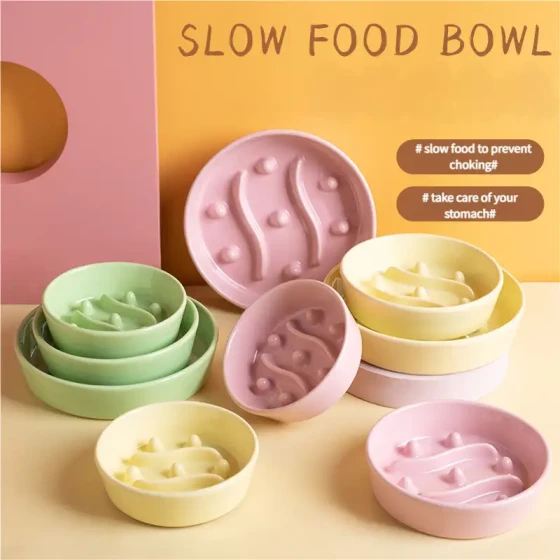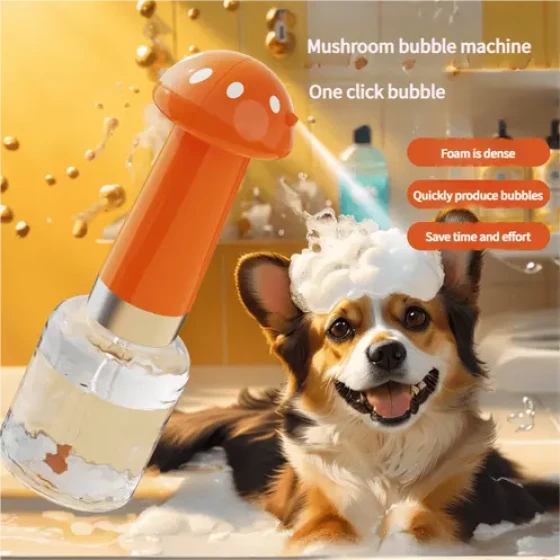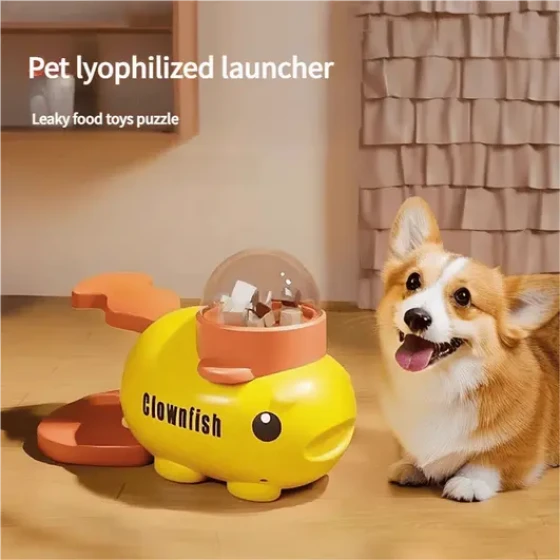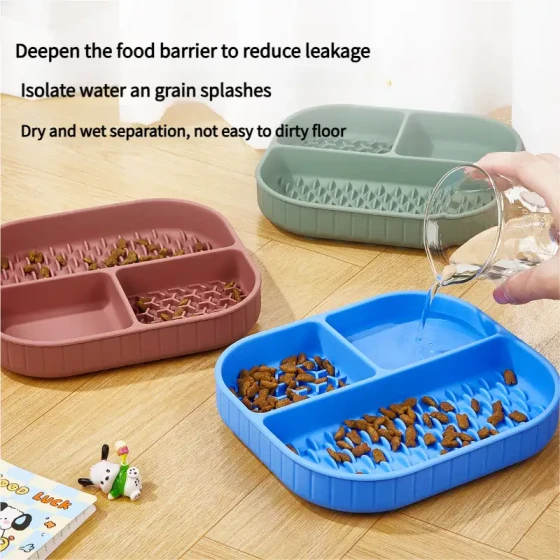Ten Foods Dogs Should Not Eat Frequently
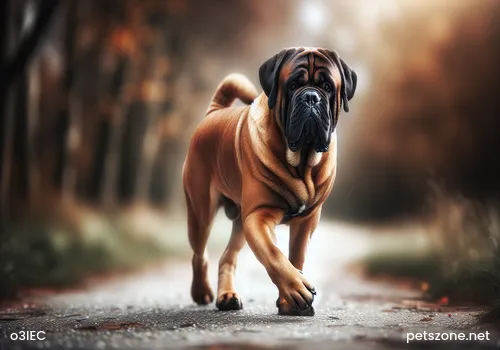
Beagle (Detailed Introduction)
There are many foods that dogs should not eat, and the following ten kinds of food that the editor wants to introduce should not be given to dogs in excess. As a owner, you must be very careful!
1. Bones (Danger Level ★★)
Especially sharp bones like chicken and duck bones. Because dogs swallowing these bones with sharp edges or corners can easily cause mucosal damage, which can further develop into acute bone ulcers. The sick dog suddenly shows symptoms such as vomiting, anorexia, abdominal pain, and so on. Delay in treatment can develop into chronic gastric ulcers.
2. Liver (Danger Level ★★)
Liver is rich in vitamin A; occasionally consuming it is beneficial and harmless to dogs, but long-term feeding of liver as their daily staple can cause excessive vitamin A intake and even poisoning. Excess vitamin A can affect the absorption of calcium in the intestines and calcium metabolism in the body, leading to calcium deficiency in dogs, especially severe in puppies.
3. Chocolate (Danger Level ★★★)
Mainly because dogs are very sensitive to caffeine in chocolate. Although individual differences vary greatly, some dogs can become excited and restless after eating a small amount of chocolate. Additionally, chocolate contains a large amount of sugar, which is harmful and useless to dogs' health.
4. Seafood and Other Allergenic Foods (Danger Level ★★★)
Dogs may be allergic to many foods, varying individually and greatly differing. Generally, seafood contains a lot of histamine components, which easily trigger allergies. Symptoms vary from mild to severe and may include redness and swelling around the mouth, restlessness, generalized itching, allergic papules on the skin, or allergic diarrhea. Owners need to carefully observe and identify which foods cause allergies in their dogs.
5. Greasy and High-Fat Foods (Danger Level ★★★)
Greasy and high-fat foods can cause pancreatitis, which seriously affects dogs. So do not treat your dog like a garbage bin just because you don't want to waste leftover food. Miniature Poodles, Toy Poodles, Dachshunds, Miniature Schnauzers, and similar breeds are more severely affected. Symptoms include vomiting that quickly worsens and requires antibiotic treatment.
6. Garlic and Onions (Danger Level ★★)
If dogs eat "excessive" garlic or consume raw/cooked onions, it can cause anemia because garlic and onions contain large amounts of disulfides that damage dogs' red blood cells. Even cooking cannot remove disulfide components.
7. Raw Eggs (Danger Level ★★)
Raw egg whites contain a protein called avidin, which depletes vitamin H in dogs. Vitamin H is essential for dog growth and promoting healthy fur. In addition, raw eggs often contain bacteria such as salmonella. Feeding raw eggs risks poisoning your dog and can cause vitamin H deficiency.
8. Alcoholic Beverages (Danger Level ★★★)
Many playful owners like to give their dogs alcoholic drinks, finding their staggering behavior cute. But note, ethanol is the main component of alcoholic beverages, and excessive intake can cause poisoning. Since dogs are smaller than humans, even a small amount can have a significant effect.
9. Crushed Nuts/Peanuts (Danger Level ★★)
Many practices have shown dogs get poisoned after eating crushed nuts, but the cause remains unknown. Some dogs may be sensitive to peanuts—confirm your dog is not allergic before feeding. If giving peanuts, peanut butter is better as it is easier to digest.
10. Bread (Danger Level ★★)
Here bread refers to yeast-based dough products, which can cause bloating in a dog's stomach. Yeast is also an ingredient in alcoholic drinks, so it may also cause symptoms similar to alcohol poisoning in dogs.
